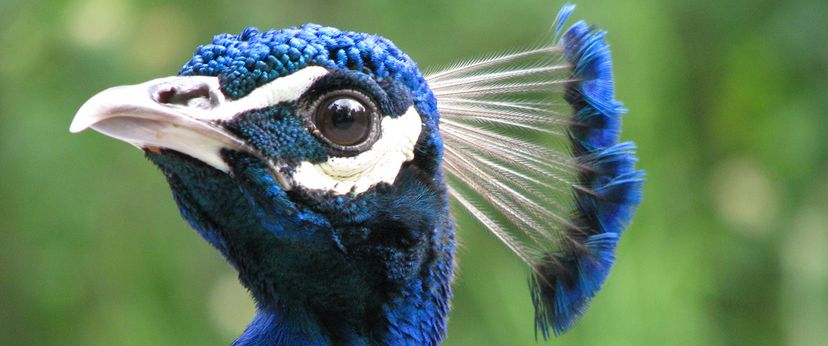The scientific study of animal behavior, also known as ethology, is a subspecialty of zoology. It’s also a possible specialization for psychology majors. Aspects of sexuality, communication, emotions, learning and culture are all explored in detail for those with an interest in the animal kingdom.
With so many species to choose from, your options as an animal behaviorist are almost limitless. An animal behavior degree can be a pathway to a personally fulfilling profession for anyone who loves or is fascinated by animals. But before pursuing this journey you should know what to expect in terms of employment possibilities, salary expectation and job description.
What Does an Animal Behaviorist Do?
Most animal behavior specialists gravitate towards behavior rather than individual species. For example, if an animal behavior specialist wants to study love in the animal population, they generally look at displays of what could be perceived as love in a variety of different creatures.
An animal behavior degree will prepare you to work both in laboratories and in the field. You’ll observe animals in both controlled and natural habitats to get both an overview and a distinction in the ways that animals relate to one another.
Perhaps the most well-known example of animal behavior experimentation is the famous case of Ivan Pavlov and his dogs. While Pavlov’s experiment was more about classical conditioning, he revealed how animal behaviors can manifest themselves around certain emotions. The experiment, in which he conditioned his dogs to associate a bell ring with feeding, showed how dogs could express internal feelings through outward emotions.
Careers in Animal Behavior
An animal behavior degree can open up exciting employment opportunities that you may not typically realize. From pet training to industrial-organizational research, there are many ways to use this degree. Psychologists who specialize in animal behavior can earn a wide spectrum of salaries from mid-$50,000 range in rural areas to $80,000 or more in metropolitan areas and in large organizations.
Animal Behavior Education and Training
The amount of education and training you’ll need to work in this profession largely depends on the type of job you’re aiming for. Pet trainers may have less formal training but still make a good salary if they’re good at what they do. Opportunities for trained animal behaviorists are largely based on state licensing criteria and the employer, though one can certainly become more marketable with a doctorate degree.







